Man’s Search for Meaning
by Viktor E. Frankl and Harold S. Kushner, William J. Winslade, Isle Lasch
Viktor Frankl's Man's Search for Meaning is a powerful and deeply personal account of his experiences in Nazi concentration camps during World War II, intertwined with his philosophical and psychological theory of logotherapy.
Part One:
- Experiences in a Concentration Camp: Frankl recounts his harrowing journey through Auschwitz, Dachau, and other camps. He vividly describes the physical and psychological effects of starvation, brutality, and the constant threat of death.
- Mental Reactions of Prisoners: Frankl analyzes the three phases of mental reactions prisoners undergo: shock upon arrival, a period of apathy as a coping mechanism, and the psychological challenges of liberation.
- The Will to Meaning: He emphasizes that even in the most dire conditions, humans retain their freedom to choose their attitude. This freedom is crucial for maintaining dignity and finding meaning in suffering.
- Logotherapy's Foundation: Frankl introduces the key concept of logotherapy: the human drive to find meaning in life is the primary motivation, not pleasure or power. He argues that meaning is unique to each individual and can be found through creation, experience, and our attitude towards suffering.
Part Two:
- Logotherapy in a Nutshell: Frankl explains the core principles of logotherapy:
- The Will to Meaning: Our search for meaning is fundamental and can be frustrated, leading to "noögenic neuroses" - neuroses arising from existential problems.
- Noö-Dynamics: Mental health is not about a tensionless state but about striving towards a meaningful goal.
- The Existential Vacuum: Modern society creates a feeling of emptiness and meaninglessness, which fuels depression, aggression, and addiction.
- The Meaning of Life: Meaning is specific to each individual and can be found through creation, experience, and suffering.
- The Meaning of Love: Love is a primary phenomenon that allows us to connect with another person's core and help them actualize their potential.
- The Meaning of Suffering: Suffering can be transformed into an achievement if we find meaning in it.
- The Super-Meaning: The ultimate meaning of life transcends human understanding and points to a larger purpose.
- Logotherapy as a Technique: Frankl describes his therapeutic technique of paradoxical intention, which involves encouraging the patient to intentionally embrace their fears, thus helping them overcome them. He also discusses the importance of dereflection, shifting attention away from oneself and towards a meaningful goal.
- Collective Neurosis: He argues that nihilism, or the belief that life is meaningless, is the collective neurosis of our time. He critiques the pan-deterministic view that reduces humans to mere products of their environment, emphasizing the power of free will and self-determination.
- Psychiatry Rehumanized: Frankl calls for a humanized psychiatry that recognizes the unique dignity and inherent worth of each person, even those with mental illness.
Postscript 1984:
- The Case for a Tragic Optimism: Frankl outlines the concept of "tragic optimism," which involves remaining optimistic in the face of life's inevitable suffering, guilt, and death. He argues that meaning can be found even in difficult situations and that we have the power to turn adversity into personal growth.
Overall, Man's Search for Meaning is a powerful testament to the enduring spirit of humanity, offering both personal insight and profound philosophical reflection on the nature of suffering, meaning, and the power of our will. Frankl's work continues to inspire and challenge readers to find meaning and purpose in their own lives, no matter their circumstances.
